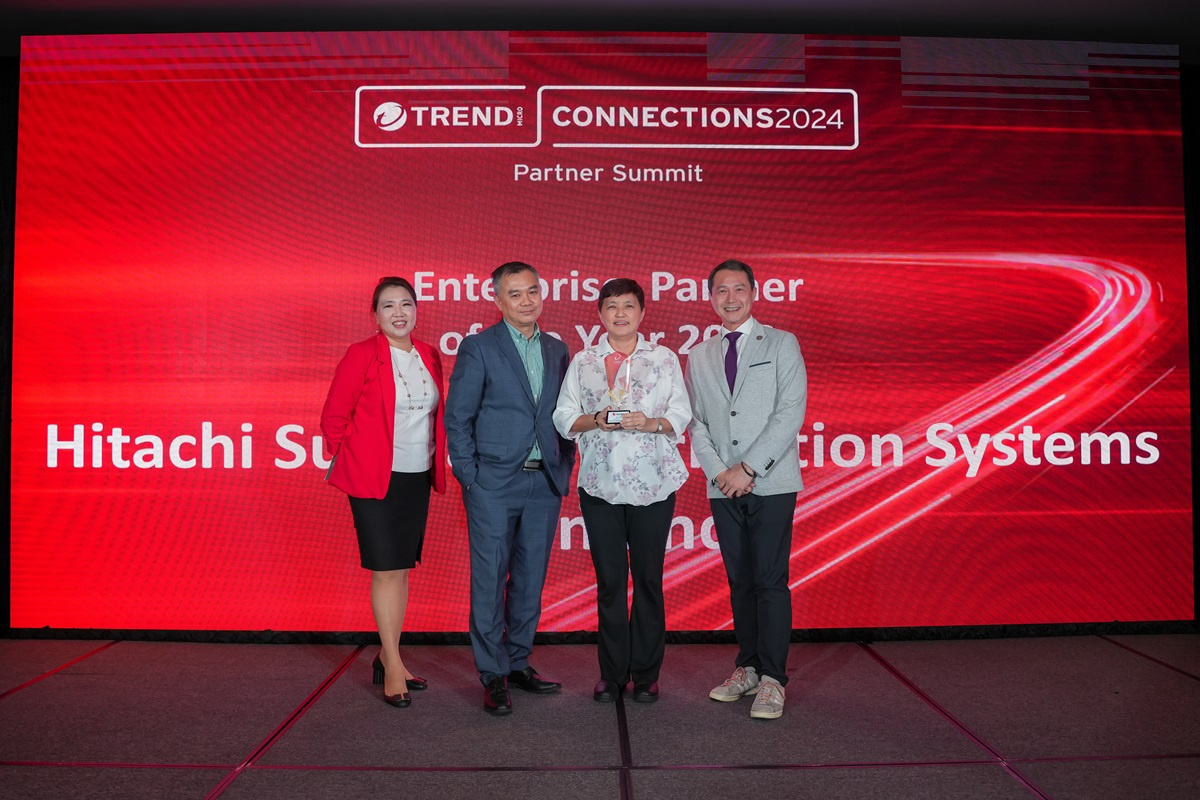IT players seek greater incentives to build ‘Digital Malaysia’
The Edge Financial Daily
Surin Murugiah
KUALA LUMPUR: Information technology (IT) industry players in Malaysia have urged the government to provide more constructive incentives and exemptions for companies involved in the digital ecosystem under the soon-to-be tabled Budget 2019.
In an email to The Edge Financial Daily, Malaysia Internet Exchange (MyIX) chairman Chiew Kok Hin said the local Internet market is facing significant competition from Singapore, in the sense that many global technology companies set up their Asian hub in Singapore and only opt for smaller “satellite offices” in Malaysia.
“It would be helpful for Budget 2019 to provide more constructive incentives and exemptions for companies involved in the digital ecosystem like the cloud, data centres, big data, e-commerce, the IoT (Internet of things), et cetera, to create a conducive business environment here.
In-page MRec
“Malaysia’s advantage is that its cost of doing business is three times lower and this alone can attract more big tech companies to grow their business here, and simultaneously contribute to more technology transfers into Malaysia,” he said. MyIX is a non-profit and neutral Internet exchange where local Internet service providers (ISPs) and content providers connect to exchange Internet traffic. Chiew said MyIX hopes for sales and services tax (SST) exemption or a lower SST rate for IT services to build “Digital Malaysia” as the local IT industry is battling hard against Singapore to attract more tech giants to have a “ full-suite” set up in Malaysia.
“The SST only adds to the cost challenge to the government’s EPP3 (Entry Point Project 3) effort for a digital nation. The Singaporean government has managed to attract tech giants such as Alibaba, AWS (Amazon Web Services, Amazon’s cloud computing division), Google and Facebook,” Chiew said, adding that Malaysia is still behind Singapore, especially in the tech industry.
“More lenient tax policy in the IT industry [would] help to expedite the digital agenda as well as build a more solid incompatible industry in the region. China was behind Singapore in technology adoption 10 years back, but it is now more advance than Singapore. If we play the strategies right, complementing that with our geographical and culture advantages, we can definitely share Singapore’s plate if not overtake it,” he said.
On power tariffs, Chiew said big tech giants like Amazon, Google, Alibaba, Tencent, Facebook and others had each set up more than two hyperscale data centres in Singapore to cater to their Asean businesses and coverage. In Malaysia, he said, data centre energy cost makes up about 40% of MyIX’s total operating cost.
Chiew added that data centres are a crucial element to support the building of a digital nation as all data and information, applications and systems are hosted in data centres.
He said the high cost of data centre operations causes a “chain effect” that inflates the cost of digital services and software. “High power tariffs indirectly become a stumbling block for tech giants to have huge deployment in Malaysia for their Asean market.”
He also proposed special incentives to promote industries which are critical to build a digital economy.
“We need customised incentives for infrastructure innovation; innovative digital platforms, cashless nation initiatives and other digitalisation moves should be prioritised. [We also need] tax exemption, especially for the digital industry with heavy capex (capital expenditure) investment, [and] incentives for industry players who can partner with renowned tech unicorns for investment and knowledge transfer in Malaysia,” Chiew said.
Hitachi Sunway Information Systems group chief executive officer and director Cheah Kok Hoong said as Malaysia is on a path to rebuild itself, digital transformation such as the IoT and artificial intelligence will be growth enablers. But he said data management, storage and security require an ecosystem including power supply, connectivity and infrastructure. He also said the reintroduction of the SST had created repercussions for all in the value chain as operational cost increased across the board.
“For example, the compound effect of the SST on IT services that were subcontracted or had multiple vendors. Cost also increased on software licence subscription maintenance. We hope the government can review this and also provide incentives for the private sector to invest in digital infrastructure to push Malaysia towards Industry 4.0,” he said, urging for a holistic approach and review of the Communications and Multimedia Act. He said there are many laws in the Communications and Multimedia Act that force ISPs and data centres to follow the laws and act against the wishes of the people.
“For example, once an order from the Malaysian Communications and Multimedia Commission (MCMC) is issued, under Section 242, it is an offence to not comply with the MCMC’s request even if we know the request is not right. Section 242 handles compliance with the act, where failure to comply is punishable with a fine not exceeding RM100,000, or prison not exceeding two years, or both.
“Adherence to such orders is one of the key criteria [to be met] when the licence of a solution provider is issued. Any deviation [from or] non-compliance with such orders puts renewal at risk,” he said.
Source URL:
http://www.theedgemarkets.com/article/it-players-seek-greater-incentives-build-d...



